How To Use Rice Water For Hair – 3 Methods To Try
Take an attempt at this age-old practice to see for yourself what all the hype is about.
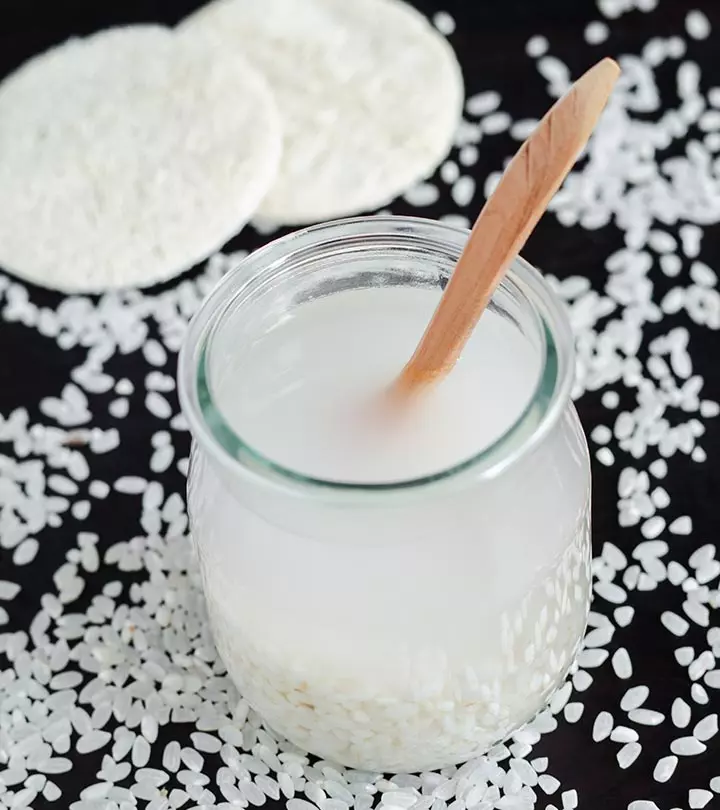
Image: Shutterstock
Using rice water for hair is an age-old Asian natural remedy that helps solve several problems plaguing your tresses. Rice water has gained global recognition for its nourishing properties and natural efficacy for hair health. The process is quite simple! All you need is a glass of rice and some water to soak the grains.
In this article, we take you through the hair benefits of rice water (both plain and fermented) and several ways to prepare it, followed by some beauty tips to use it effectively. Keep scrolling!
 Know Your Ingredient: Rice Water
Know Your Ingredient: Rice WaterWhat Is It?
The milky, starchy water left over after rice is cooked or soaked.
What Are Its Benefits?
Plain and fermented rice water repairs and nourishes damaged hair, strengthens it, imparts shine, and balances pH levels.
Who Can Use It?
It is suitable for all hair types.
How Often?
Use it twice a week.
Caution
People with low-porosity hair should avoid rice water as it causes protein buildup and dryness.
In This Article
What Is Rice Water?
Do you know how to cook rice? Remember how you soak it in water and then strain it? Well, the next time, do not throw the water away because it works wonders on your hair and skin.
Rice water looks like a milky liquid, and that’s because of the starch residue left behind from the rice. It is rich in minerals and vitamins and makes for a healthy drink (1). Using rice water is a natural and inexpensive way to condition your hair. You can make it at home by simply cooking rice in water and straining the starchy water afterward.
There is a long list of rice water benefits, which includes tightening the skin and improving overall hair health. It also enhances blood circulation in your body, aids skin cell growth, and keeps your skin looking young and rejuvenated.
 Trivia
TriviaSounds perfect, right? Curious to know how the usage of rice water came about? Read below to find out.
Key Takeaways
- Fermented rice water has higher levels of vitamins and nutrients that may promote healthy hair growth.
- Use boiled rice water to condition hair and fermented rice water to nourish hair.
- Rice water promotes hair growth, prevents hair damage, and reduces split ends.
- The starch in rice water kills lice and prevents them from spreading.
- Add lime or amla to rice water to prevent build-up on the scalp. You can also pair rice water with green tea for increased shine and strength.
History Of Using Rice Water For Hair
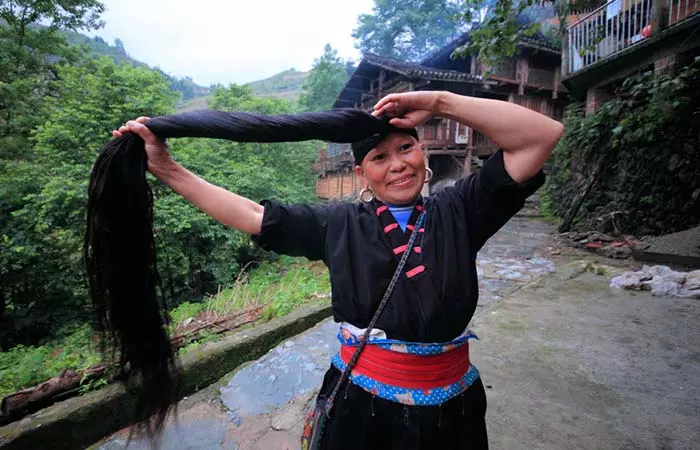
There is a tribe called Red Yao in a Chinese village called Huangluo, popularly known as the land of Rapunzels.
And rightly so because for ages, all the women in this village have been using rice water for washing and nourishing their hair. It even has a certification from the Guinness Book Of World Records as the ‘world’s longest hair village’ (2).
And back in the day, it was the same case in another country. The noble women of the Japanese Imperial Court in 800 AD were known for their beautiful long hair, and that’s because – you guessed it right – they washed their hair with rice water.
These traditions were passed on to generations through word of mouth. Time passed by, and with the onset of the world wide web, the world came closer, and beneficial cultural practices were exchanged. As part of that attempt, I am here to enlighten you about rice water as an extraordinary ingredient for hair care.
Is Rice Water Good For Hair?
Yes, it is perfect for hair. What’s in it that makes it so? Studies show that rice water contains inositol, a carbohydrate that repairs damaged hair (3).
This inositol stays in the hair even after the rice water is rinsed off, acting as a shield and protecting your hair from damage. Rice water also contains amino acids that strengthen the hair roots, increase hair volume, and make your hair shiny and smooth (4).
In every possible way, rice water is great for your hair. It is safe, natural, and has absolutely no side effects. It improves the condition of your hair in a healthy manner.
Take my word, there’s nothing better than rice water for your hair. Learn more about it in the following sections.
Plain Rice Water Vs. Fermented Rice Water – Which Is More Effective?
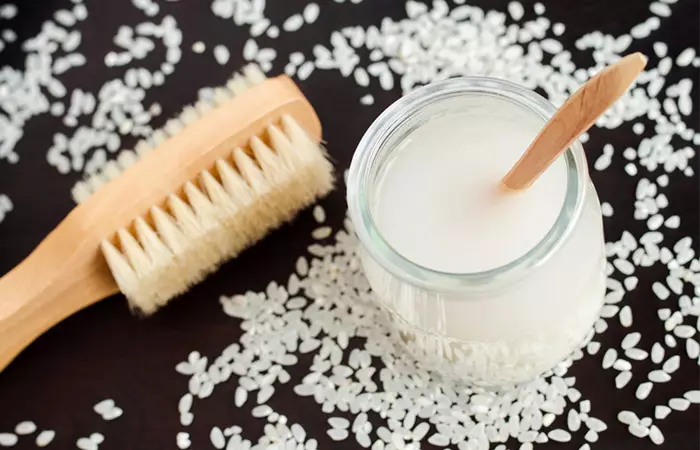
Rice water sounds like a seemingly simple entity. But it has a few variations, of which plain rice water and fermented rice water are better known. Let’s figure out which one is better.
Plain rice water’s pH is higher than your hair’s pH. Fermentation brings down the pH levels of the rice water to that of your hair and helps close the cuticles, thereby protecting the hair (5).
Fermenting rice water enhances the existing vitamins and nutrient levels in it, which nourish your hair follicles. It promotes healthy hair growth and improves the overall condition of your hair by maintaining its hydration levels. A study published in the Journal of Emerging Technology and Innovative Research explored how fermented rice water could help with hair growth and improve hair quality. Over 30 days, four different types of rice water were tested. These were ambemohar rice, kolam rice, basmati rice, and a mix of all three. 30 people tried these rice waters, and the results showed that their rate of hair growth increased. The research also found that the rice water contained various helpful compounds like proteins, which are particularly good for hair growth. The mix of all three types of rice had the highest concentration of proteins (6).
Also, during fermentation, a substance called ‘pitera’ forms in the rice water, and it is rich in vitamins, minerals, amino acids, and organic acids. Pitera is known to promote cell regeneration and keep your skin and hair healthy (7).
Fermented rice water is acidic, and when you rinse your hair with it, it restores and balances the pH of your hair.
Fermented rice water enhances the benefits of plain rice water, and you can use either of them depending on the level of repair and rejuvenation you need.
Now, it’s finally time to learn how to make it, my friend. Excited?
Methods Of Preparing Rice Water
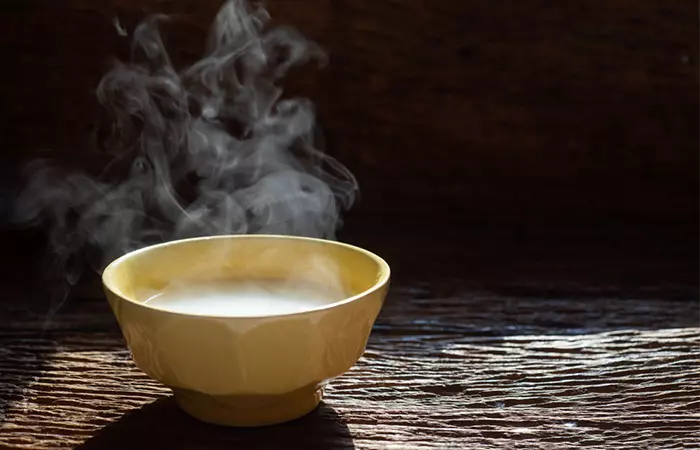
Before we tell you how to use rice water for hair, let us learn how to prepare it. Here we have mentioned two basic and simple methods to prepare rice water for hair at home and how to use it for hair effectively.
1. Boiled Rice Water
I) What Is Boiled Rice Water?
One way of obtaining rice water is by boiling the rice. The excess water left after cooking rice in water is called boiled rice water. It is a concentrated liquid that you can dilute to use as a homemade hair rinse.
II) How To Make Boiled Rice Water
- Take a tumbler and fill it with rice (white, brown, basmati, or jasmine rice).
- Fill it with more water than you usually use to cook.
- Boil the rice for some time. You can either take the excess water that comes onto the top layer or wait till the rice is cooked and then strain the excess water in the tumbler.
- This water will be a highly concentrated cloudy liquid.
III) How To Use Boiled Rice Water For Hair
Boiled rice water is an excellent conditioner, so let’s figure out how to use it as one.
- Take a mug of boiled rice water and add a few drops of rosemary, lavender, or chamomile essential oil to it.
- Shampoo your hair and then pour the rice water over it. Leave it on for 5 to 20 minutes, depending on the time you have.
- Gently massage your hair and scalp during this period.
- Rinse your hair thoroughly with regular water after you are done. Use it at least once a week to see improvement in the health and texture of your hair.
2. Fermented Rice Water
I) What Is Fermented Rice Water?
Fermented rice water is rice water that is left to ferment for a while before use. Fermentation turns the rice water into a potent liquid that needs to be diluted before use.
II) How To Make Fermented Rice Water
- Take half a cup of rice and soak it in two cups of water. Keep it aside for 15 to 30 minutes.
- Extract the water by straining the rice.
- Transfer the liquid you obtain to a jar and leave it there for a day or two at room temperature.
- When you notice a sour smell emanating from the jar, stop the fermentation and shift the jar to the fridge.
- Add a cup or two of warm water before you use the fermented rice water as it is highly potent and direct use is not recommended.
III) How To Use Fermented Rice Water For Hair
How about a rich DIY beauty hair mask to nourish your hair? Sounds like something you need, right? Let’s learn how to make one with fermented rice water and mustard.
- Take an adequate amount of mustard powder and mix it in the fermented rice water until it forms a smooth paste.
- Add some olive oil to the paste and mix thoroughly.
- Apply the paste to your scalp. Do not let it spread onto your hair.
- Leave the mask on for 20 minutes and then wash it off with a mild shampoo.
 Quick Tip
Quick Tip3. Rice Water Infusion
I) What Is Rice Water Infusion?
Rice water infusion combines the nourishing benefits of rice water with the added properties of herbs or essential oils.
II) How To Make Rice Water Infusion
- Rinse the rice to remove impurities. Transfer it to a bowl and cover it with water.
- Allow the rice to soak for 30 minutes to an hour.
- Add your desired herbs or essential oils to the water. If you are using fresh herbs, add only a few sprigs. For essential oils, a few drops will be enough.
- Let the mixture sit for another 30 minutes.
- Strain the rice water through a fine-mesh sieve. This will remove all rice particles.
- The resulting liquid is your rice water infusion, ready to be applied to your hair.
III) How To Use Rice Water Infusion For Hair
- After shampooing and conditioning your hair, gently rinse it with warm water.
- Pour the rice water infusion over your hair.
- Massage the infusion into your scalp for a few minutes to stimulate blood flow.
- Leave the rice water infusion in your hair for 5-10 minutes.
- Use cool water to rinse your hair thoroughly.
Now that we know how to make rice water at home easily, let’s learn about its benefits.
Benefits Of Rice Water For Hair
Before learning how to use rice water for hair, it is also important to find out why you should do so. Rice water contains inositol, a carbohydrate that helps strengthen elasticity and reduce surface friction (2). Check out here what are the best rice water benefits for hair.
1. Improves Hair Growth
Nothing better than rice water to decrease hair fall and aid hair growth. The amino acids present in rice water, in particular, help in the regeneration of hair and aid in faster growth of your hair(6).
Also, rice water contains vitamins B, C, and E, which further help in hair growth (8). The best way to use rice water to grow hair is to rinse your hair with it after a wash. Follow the process at least twice a week, and you will surely see the results.
2. Reduces Split Ends
Split ends make you look like a mess, don’t they? Your hair needs protein to avoid split ends, and rice water has plenty of it.
The primary causes of split ends are inadequate maintenance, sun exposure, and pollution, which lead to an overall degeneration in the health of your hair (9). The amino acids present in rice water come to your rescue and repair the damage (10).
Soak your split ends in rice water for 15 to 20 minutes and then wash your hair. You will gradually see improvement in the condition of your hair.
3. Works As A Hair Rinse
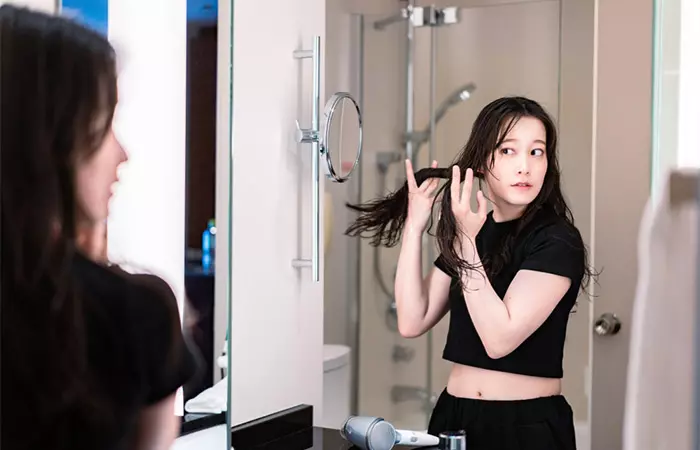
Rinsing your hair with rice water after shampooing instead of using a conditioner is the best thing you can do. It improves your hair texture and increases volume. It also tames and smoothens your hair. And, above all, it keeps your hair strong and healthy. This is due to the presence of proteins and vitamins present in rice water (6).
4. Protects Hair From Damage
One study suggests that rice water decreases surface friction and improves hair elasticity (11). However, more relevant studies are needed to support this claim. Rice water also contains a carbohydrate called inositol that repairs damaged hair and protects hair in general (2).
What makes rice water stand apart from other ingredients is the fact that the inositol remains in your hair even after rinsing off the rice water and shields your hair from further damage.
5. Strengthens The Hair Roots And Smoothens Hair
shine to your hair, and make it smooth and silky (2). This may be because amino acids are building blocks for protein and our hair is primarily made up of keratin, a type of protein (12), (13). So, the amino acids in rice water help replenish and nourish the hair fibers, contributing to their overall strength and resilience.
6. Reduces Dandruff
Dandruff is a menace. It leaves a shower of white mist on your clothing and can be utterly embarrassing and a cause of itching and irritation.
Rice water gives you respite from dandruff and, with regular use, helps you combat the problem altogether. This may happen because rice water may inhibit the growth of a fungus called Malassezia which causes dandruff (2). For that to happen, you must rinse your hair with rice water regularly.
7. Makes Hair Silky And Shiny
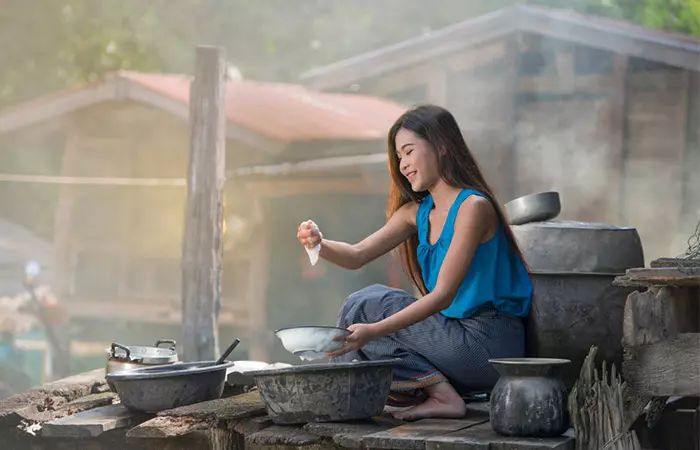
Who doesn’t want silky and shiny hair? It is what we all dream about. And rice water can make it happen. It is believed that rice water forms a protective layer around your strands to keep them safe from pollution and chemicals (2). All you have to do is use rice water as a hair mask, leave it on for 20 minutes, and then wash it off.
Follow it up with shampoo and conditioner, and voila! It works even better if you add some rose water to your rice water solution.
8. Removes Lice
Ah, lice! Those tiny creatures are ruining your peace and sucking the blood out of you. Don’t worry because rice water can easily tackle them. The starch in rice water kills the lice and nits instantly.
Rice water nips the problem before it can spread too much and make it worse for you. However, there is no scientific evidence supporting this claim.
9. Works As A Hair Conditioner
Rice water makes for a good and cost-effective hair conditioner. Add a wee bit of rosemary, lavender, or geranium essential oil to it, and you are good to go.
Apply the solution to the entire length of your hair. Leave it on for anywhere between 10 to 30 minutes and then wash it off with cold water.
Try it because it is an excellent conditioner. Rice water helps in hair conditioning, repairs your hair, strengthens it, and enhances its elasticity (14). This may be because rice water is rich in proteins and vitamins needed for hair health (6), (8).
Note: It is important to remember that the results from using rice water may vary depending on individual hair types, textures, and conditions. What works for one person may not be effective for another. So, rice water may not yield the same results universally. It is always best to consult a professional if you have major hair concerns.
There are multiple ways to use rice water for hair. The next section highlights three easy ways to use rice water and make the most of it. Keep reading.
How To Use Rice Water For Hair
- Rice Water Hair Mask: To make this hair mask, combine rice water with natural ingredients like aloe vera gel, honey, yogurt, or coconut oil. Apply it to your hair and let it sit for 30 to 60 minutes before rinsing it off.
- Rice Water Spray: Fill a spray bottle with rice water, then spritz your scalp and hair with it. Use it as a leave-in conditioner or as a refresher.
- Rice Water Soak: Fill a large bowl or basin with rice water and soak your hair in it for 15 to 30 minutes. This remedy is especially beneficial for those with a dry or itchy scalp.
- Rice Water Shampoo: Place a few soapnuts and some water in a pot and bring it to a boil. Then simmer the heat for approximately 30 minutes. Afterward, strain the liquid, ensuring that the soapnut shells and debris are separated. Next, combine the rice with the liquid, allow it to soak in this infusion for around 30 minutes, stirring the blend periodically. Once soaked, strain out the liquid , then add in a few drops of different essential oils for fragrance and additional hair care benefits. Transfer this shampoo into an airtight bottle for storage. If you prefer an alternative without soapnuts, opt for a mild or organic liquid body soap instead.
Rubi Johnson, a blogger, tried using rice water for her hair and was amazed by the results. She mixed rice water with conditioner and applied it to her hair to restore its protein-moisture balance. She writes, “Rice water is more than just a protein treatment. It’s a strengthening agent. It repairs damaged hair and improves elasticity…But this is a simple and great way to keep hair healthy, strong and maintained, as well as very beneficial to the scalp (i).”
Although rice water may work like a charm for dry hair, not everyone may experience the same results. The next section discusses the side effects of rice water you should be aware of. Scroll down to find out.
Side Effects Of Using Rice Water For Hair
Rice water is considered safe for topical use. However, it may cause some adverse effects in some individuals. You may experience itching, allergic reactions, dryness, and residue buildup on the scalp. If you do not rinse it off properly, rice water may also lead to flakiness. Dermatologists also confirm that heavy starches in rice water may damage your hair (11). Also, remember that this remedy is not scientifically proven. Therefore, do not rely on it for treating underlying hair and scalp issues. If you experience any adverse effects after using it for hair, stop using it and consult your physician.
When you use rice water for your hair, there are some additional tips you can follow to complement its benefits. Explore them in the next section.
Tips To Wash Hair With Rice Water
There are some tips to keep in mind to make your hair wash routine with rice water a fulfilling experience.
Rice water contains natural saponinsi A bitter-tasting toxic compound found in soapwort also known as triterpene glycosides. They are widely found in legume plants. and can be used as a mild cleanser (15). But to avoid and remove the build-up of rice water in your hair over time due to hard water, you must add a teaspoon of a natural clarifier like lime, amla, or shikakai to it.
Green tea is also an excellent addition to rice water as it imparts additional shine and strength to your hair. It also helps in hair loss prevention (16).
Eager to try rice water and check out its benefits, aren’t you? Well, before you go ahead with that, we must tell you rice water is not a great smelling liquid, especially fermented rice water.
Infographic: Major Differences Between Plain Rice Water And Fermented Rice Water
Rice water is great for hair as it has amino acids that strengthen the hair and make it stronger from the roots. It also imparts a smooth and shiny texture to hair without any unwanted side effects.
Plain rice water and fermented rice water both work wonders for your hair, so check out the infographic given below to know the major differences between them. Illustration: StyleCraze Design Team

Rice water benefits your hair in many ways. In Asian cultures, rice water is traditionally used to nourish hair and promote its growth. It is packed with many phytonutrientsi Natural compounds with antioxidant and anti-inflammatory properties present in plant foods, such as fruits and vegetables. , vitamins, and minerals that make it a great supplement for your hair. It may promote hair growth, enhance its shine, reduce split ends, and protect it from damage. Rice water may also be an effective dandruff and lice treatment. Thus, it is a beautiful natural hair conditioner that makes the hair silky and shiny. If you are wondering how to use rice water for hair, simply use boiled or fermented rice water to wash your hair and reap these benefits.
Frequently Asked Questions
Do you apply rice water to wet or dry hair?
Dr. John Kahen, MD, a hair transplant surgeon, says, “Rice water should be applied to completely wet hair. It is easiest to apply in the shower during your rinsing routine.
Can I leave rice water in my hair overnight?
That won’t be necessary. A duration of 15-30 minutes would do as the carbohydrate in the rice water remains in the hair even after you wash it off to protect your hair.
Can I consume rice water?
Definitely! Rice water has as many benefits for your body as it does for your hair.
Can I apply rice water to oily hair?
Yes, you can. However, you should thoroughly rinse the rice water and cleanse your hair within 18 hours to prevent bacterial overgrowth on your scalp and to help improve overall scalp health.
Should I use a conditioner after rice water?
You may use a conditioner before or after rice water. If you are only rinsing your hair with rice water, you should first shampoo and condition your hair. However, if it is a rice water hair mask, you should use a deep conditioner after rinsing it off.
Illustration: How To Use Rice Water For Hair – 3 Methods To Try
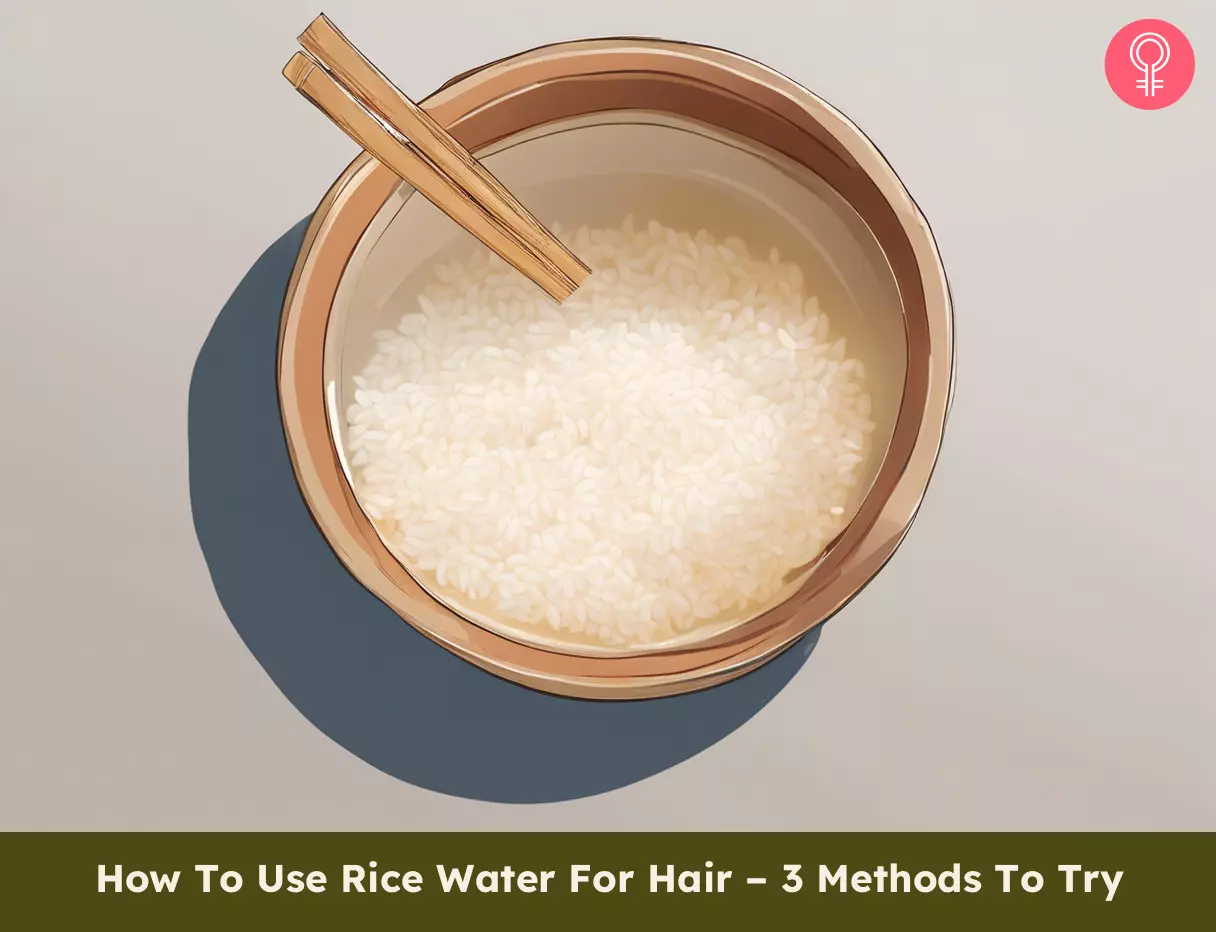
Image: Stable Diffusion/StyleCraze Design Team
Comment below and tell us what you think of this article. We would love to hear from you.
Discover the secret of the famous Yao rice water recipe to grow hair fast! Watch the video below and learn how to make this nourishing remedy and get the results you’ve been dreaming of.
Personal Experience: Source
StyleCraze's articles are interwoven with authentic personal narratives that provide depth and resonance to our content. Below are the sources of the personal accounts referenced in this article.
i. Rice Water Rinse Routine & Resultshttps://curlmaven.medium.com/rice-water-rinse-routine-results-718650925e2b
References
Articles on StyleCraze are backed by verified information from peer-reviewed and academic research papers, reputed organizations, research institutions, and medical associations to ensure accuracy and relevance. Read our editorial policy to learn more.
- Nutritional analysis and antimicrobial activity of fermented rice water
https://www.derpharmachemica.com/pharma-chemica/nutritional-analysis-and-antimicrobial-activity-of-fermented-rice-water-73253.html - Use of rice water (Oryza sativa) & hibiscus (Hibiscus rosa-sinensis) for hair nutrition and hair growth
https://www.jetir.org/papers/JETIR2106426.pdf - Rice antioxidants: phenolic acids flavonoids anthocyanins proanthocyanidins tocopherols tocotrienols γ-oryzanol and phytic acid
https://pmc.ncbi.nlm.nih.gov/articles/PMC3959956/ - The globulins of rice Oryza sativa.
https://www.jbc.org/article/S0021-9258(20)74033-0/pdf - Development of fermented rice water to improve the quality of Garaetteok a traditional Korean rice cake
https://pmc.ncbi.nlm.nih.gov/articles/PMC9914529/ - Effect of fermented rice water on hair
https://www.jetir.org/papers/JETIRFY06008.pdf - Efficacy of rice bran fermentation in cosmetics and skin care products
https://www.semanticscholar.org/paper/EFFICACY-OF-RICE-BRAN-FERMENTATION-IN-COSMETICS-AND-CHENL./e1e93f2b5002b3e9d01530a0da2e5728c9c3e3c1 - The role of vitamins and minerals in hair loss: A review
https://pmc.ncbi.nlm.nih.gov/articles/PMC6380979/ - On hair care physicochemistry: From structure and degradation to novel biobased conditioning agents
https://pmc.ncbi.nlm.nih.gov/articles/PMC9921463/ - Rice bran mineral extract increases the expression of anagen-related molecules in human dermal papilla through wnt/catenin pathway
https://pmc.ncbi.nlm.nih.gov/articles/PMC5727428/ - Hairfluencer social media trends every dermatologist should know in 2021
https://pmc.ncbi.nlm.nih.gov/articles/PMC10083897/ - Physiology proteins
https://www.ncbi.nlm.nih.gov/books/NBK555990/ - The structure of people’s hair
https://pmc.ncbi.nlm.nih.gov/articles/PMC4201279/ - Abstracts: The effect of rinse water obtained from the washing of rice (YU-SU-RU) as a hair treatment
https://onlinelibrary.wiley.com/doi/abs/10.1111/j.1468-2494.2010.00605_3.x - Perspectives on Saponins: Food Functionality and Applications
https://pmc.ncbi.nlm.nih.gov/articles/PMC10487995/ - Human hair growth enhancement in vitro by green tea epigallocatechin-3-gallate (EGCG)
https://pubmed.ncbi.nlm.nih.gov/17092697/
Read full bio of Dr. K. Harish Kumar
- Dr. John Kahen, MD, is one of the leading hair transplant surgeons with over 19 years of experience. He is the founder and medical director of Beverly Hills Hair Restoration and an alumnus of Ross University School of Medicine. Dr. Kahen focuses on his patients' individual needs to offer surgical and non-surgical options.
 Dr. John Kahen, MD, is one of the leading hair transplant surgeons with over 19 years of experience. He is the founder and medical director of Beverly Hills Hair Restoration and an alumnus of Ross University School of Medicine. Dr. Kahen focuses on his patients' individual needs to offer surgical and non-surgical options.
Dr. John Kahen, MD, is one of the leading hair transplant surgeons with over 19 years of experience. He is the founder and medical director of Beverly Hills Hair Restoration and an alumnus of Ross University School of Medicine. Dr. Kahen focuses on his patients' individual needs to offer surgical and non-surgical options.
Read full bio of Swathi Handoo
Read full bio of Ravi Teja Tadimalla
Read full bio of Payal Karnik






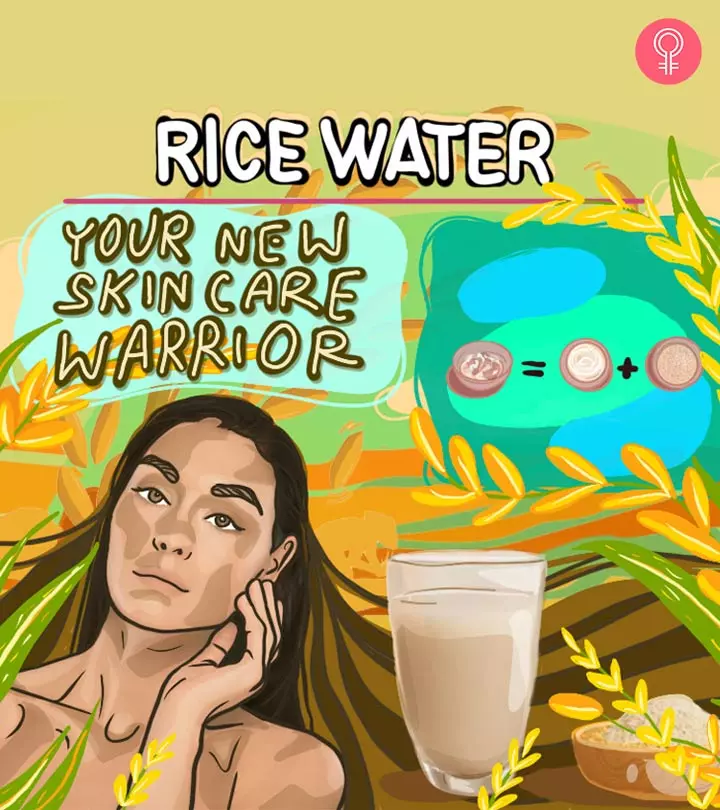
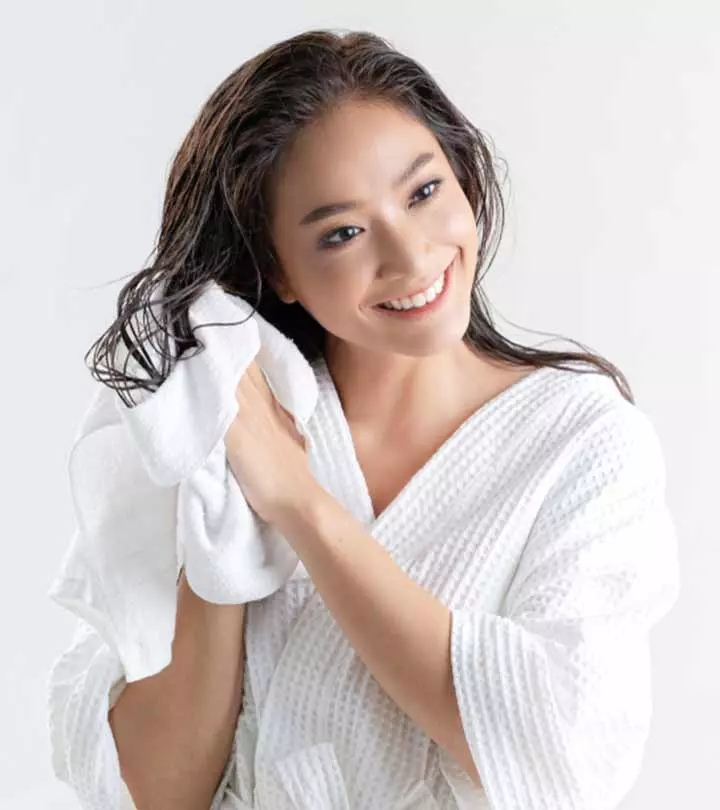
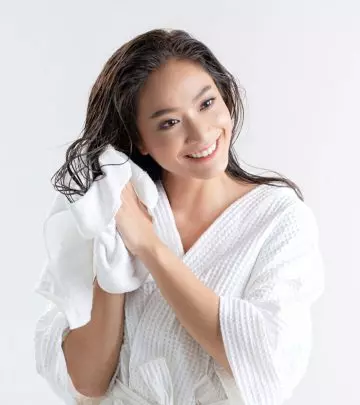

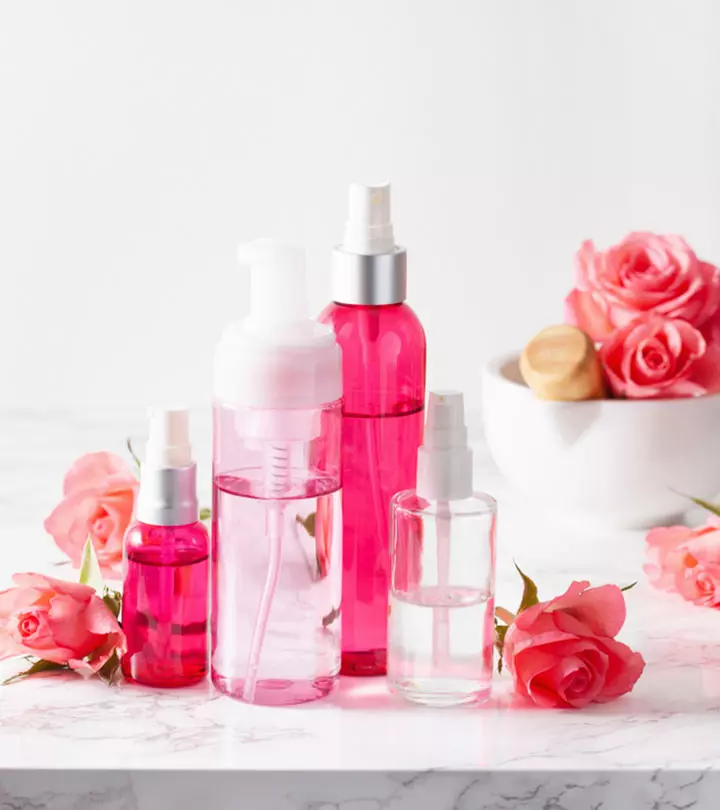
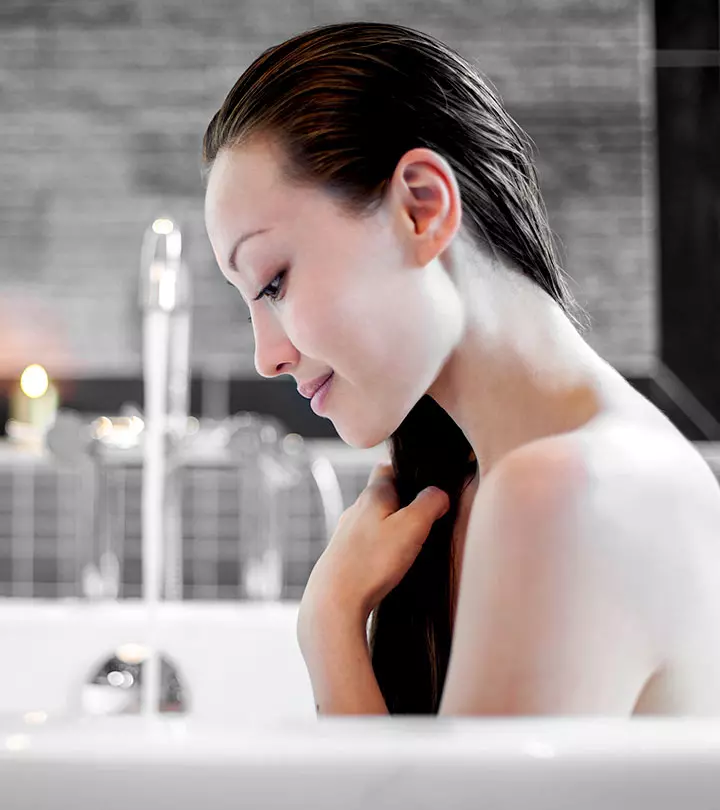
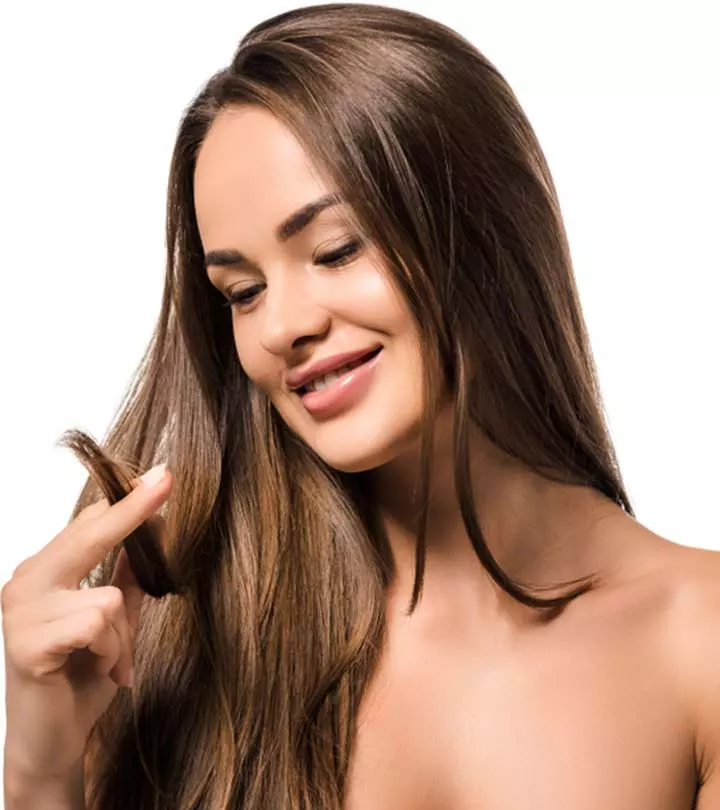
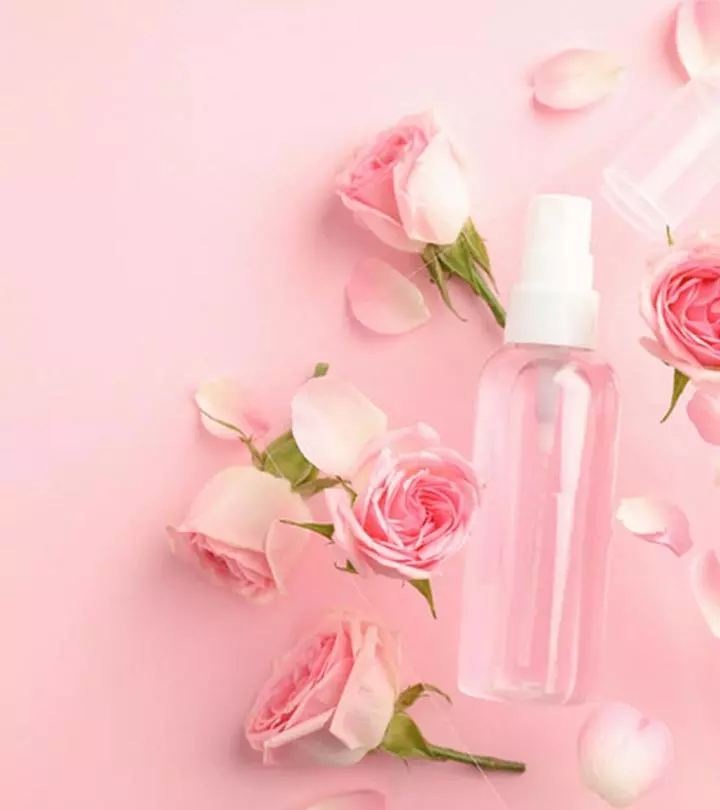
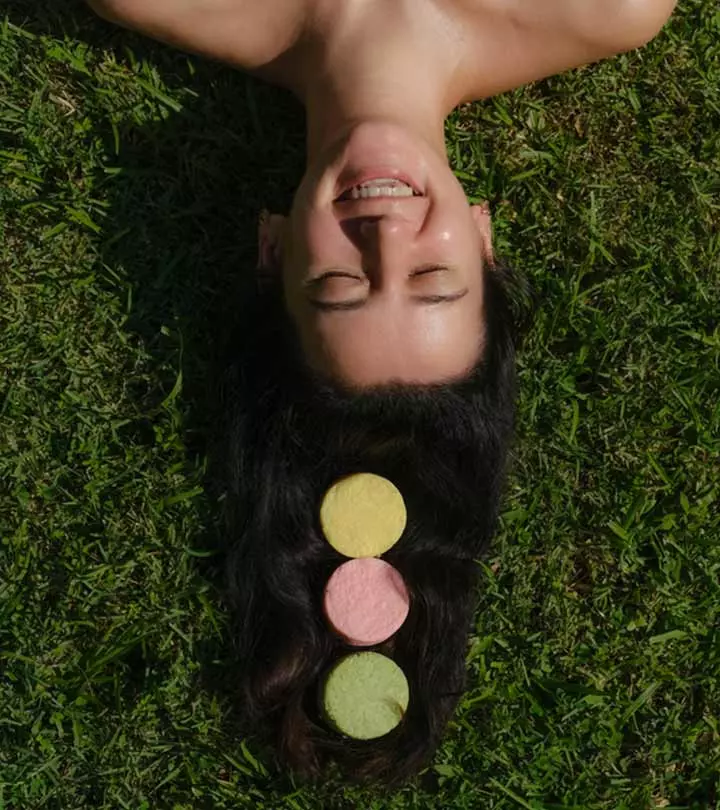
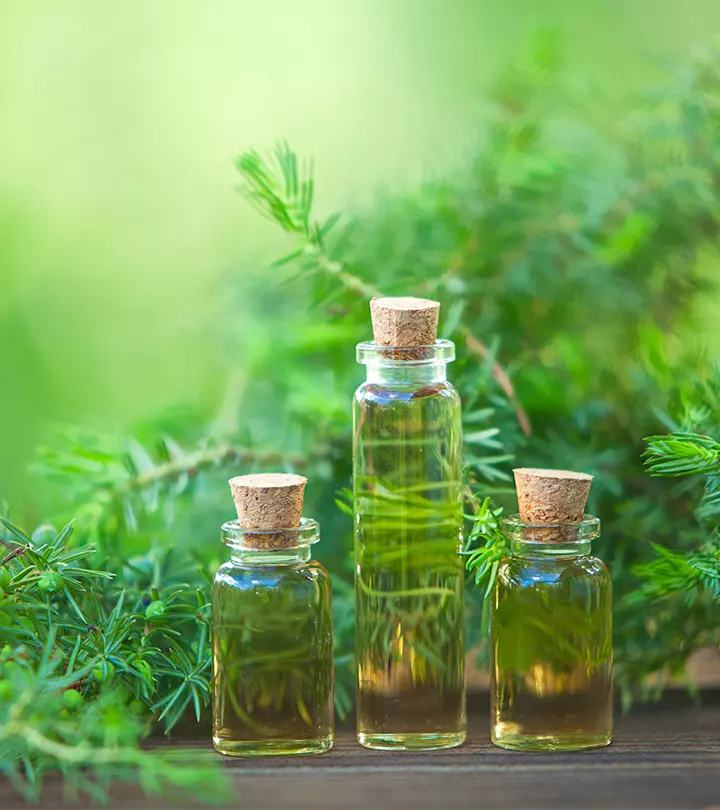
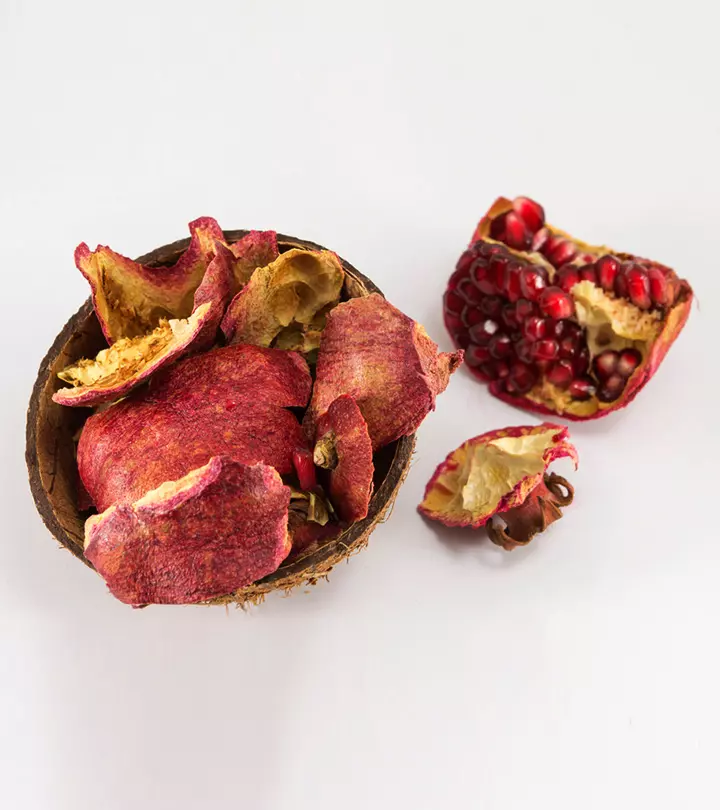
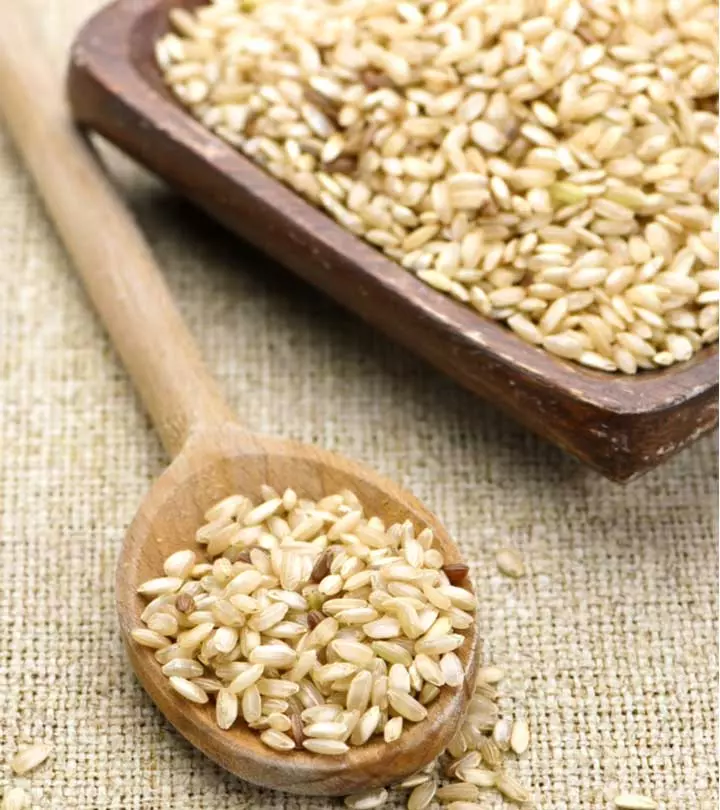
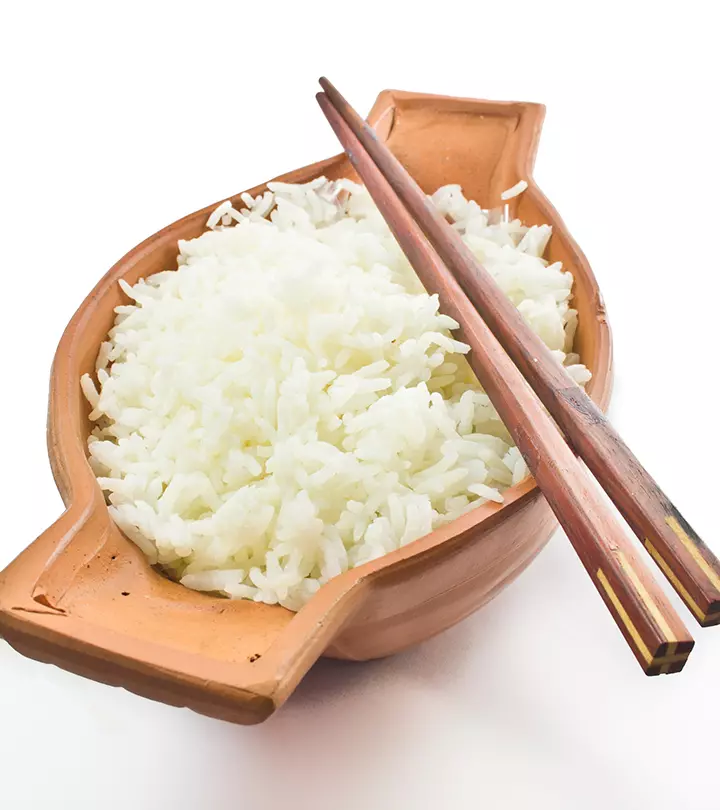
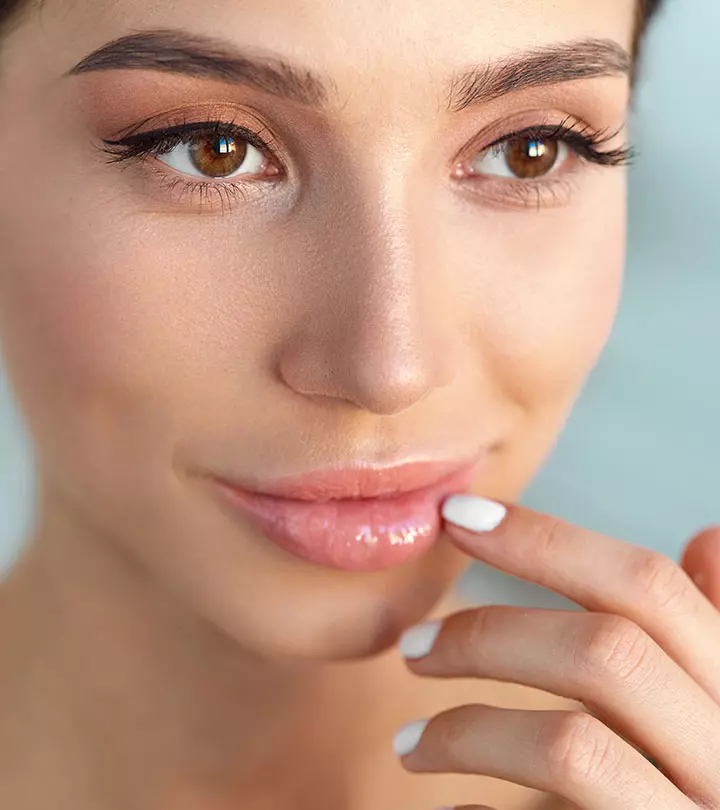
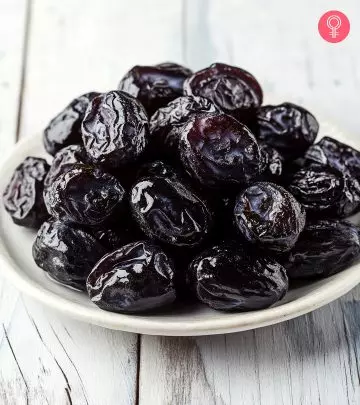
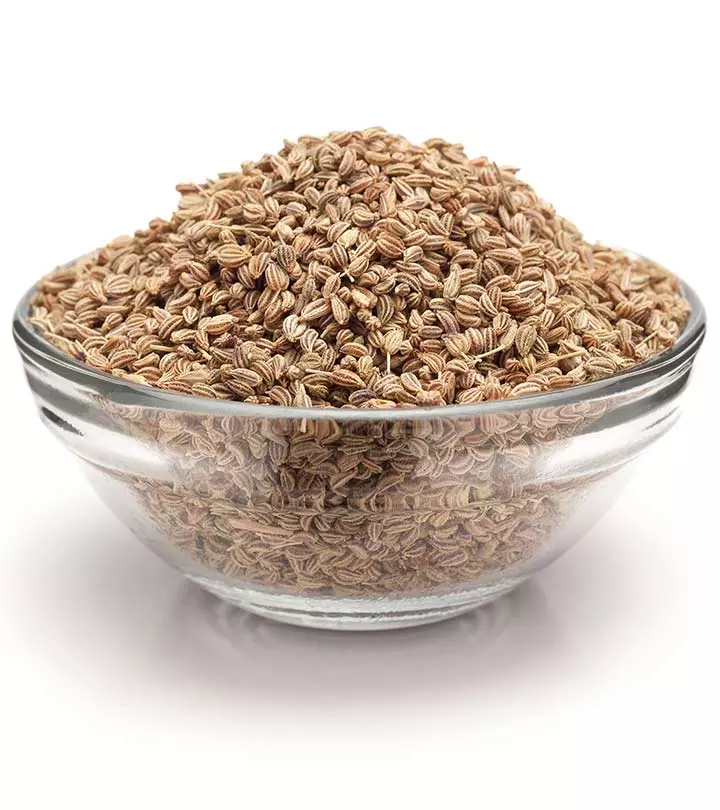
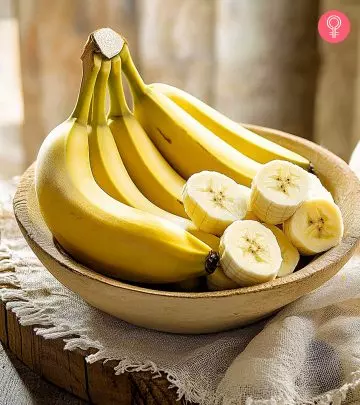
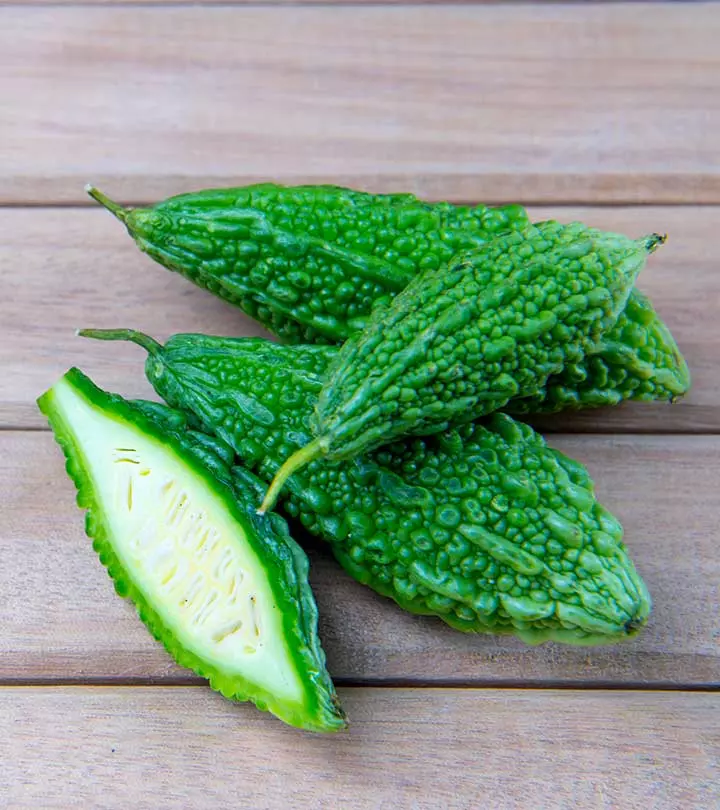
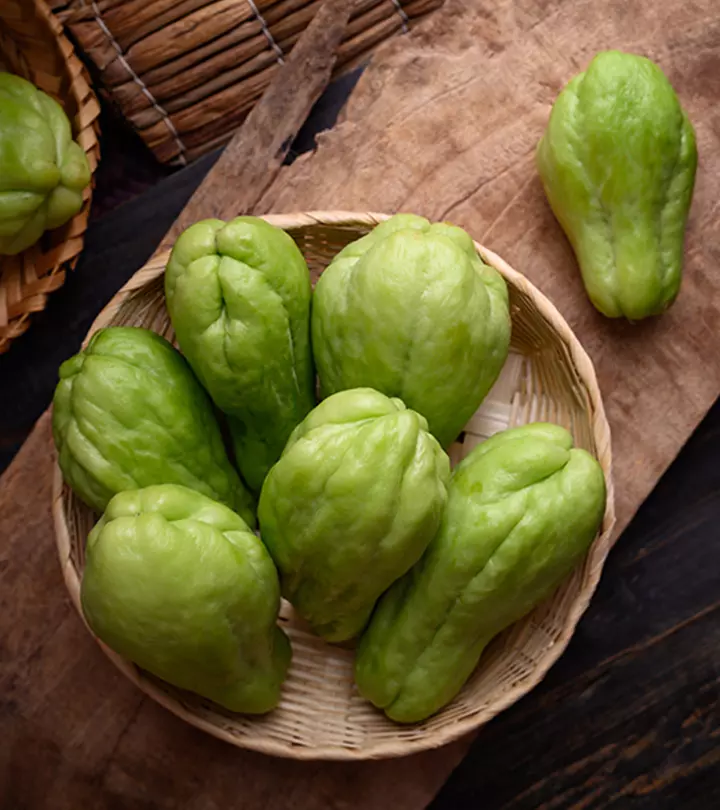
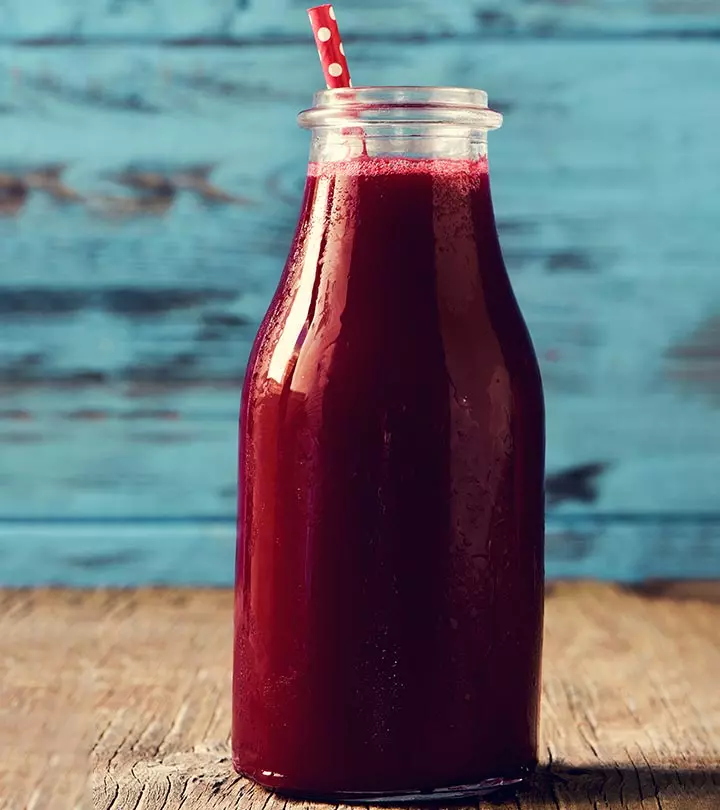
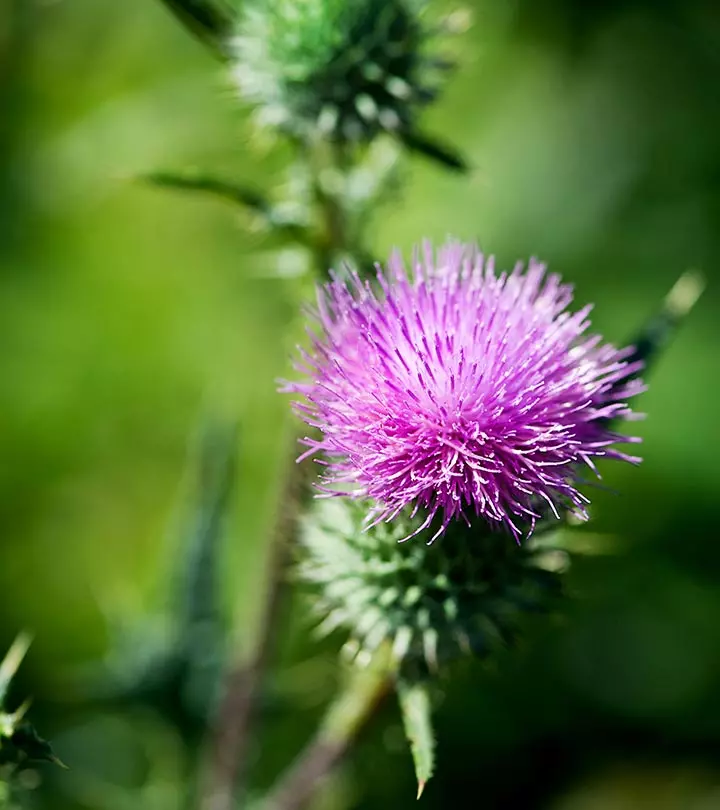
Community Experiences
Join the conversation and become a part of our empowering community! Share your stories, experiences, and insights to connect with other beauty, lifestyle, and health enthusiasts.